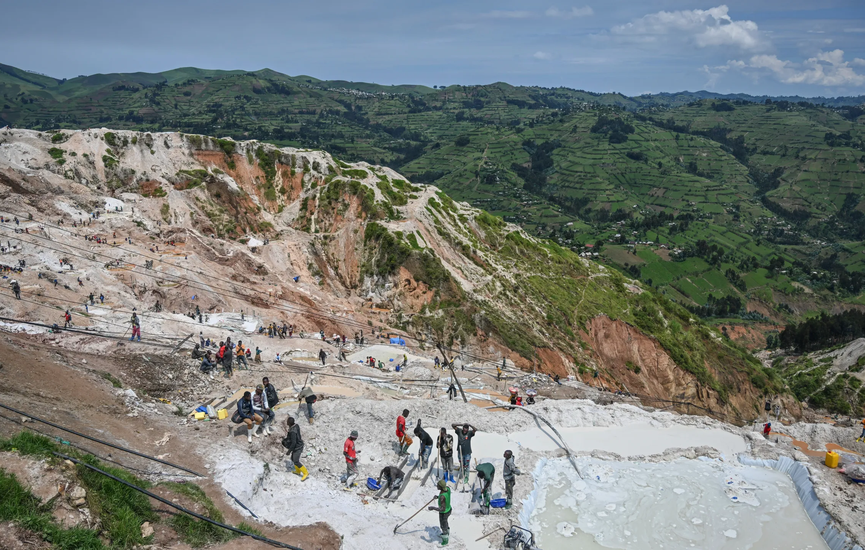The U.S. government on Tuesday imposed sanctions on the PARECO armed group and several companies linked to illicit mineral trading in eastern Congo, as part of a broader effort to secure ethical access to the region’s critical resources. According to a senior U.S. official, PARECO controlled the coltan-rich Rubaya mining site from 2022 to early 2024, during which it profited through illegal mining operations, forced labor, and violent abuses, including the execution of civilians. The sanctions also target the Congolese mining company CDMC, accused of selling minerals smuggled from Rubaya, and two Hong Kong-based exporters, East Rise and Star Dragon, which purchased minerals sourced from the conflict zone.
The U.S. State and Treasury departments announced asset freezes and transaction bans on all sanctioned entities within U.S. jurisdiction, reinforcing Washington’s stance against conflict-driven mineral exploitation. Rubaya, a strategic mining site in eastern Congo, is now under the control of the M23 rebel group, which is already subject to U.S. sanctions. The region remains volatile, plagued by decades of violence involving government forces and armed factions, including the Rwanda-backed M23, whose resurgence has deepened the humanitarian crisis and destabilized peace efforts.
In June, the U.S. facilitated a peace agreement between Congo and Rwanda aimed at ending hostilities and enabling American companies to access the region’s mineral wealth responsibly. A permanent peace deal between Congo and the M23 rebels is scheduled for signing by August 18, but renewed clashes have cast doubt on its viability. On Tuesday, both sides accused each other of violating the ceasefire, underscoring the fragile nature of the negotiations. As the U.S. intensifies its push for ethical mineral sourcing, the situation in eastern Congo remains a complex intersection of diplomacy, resource competition, and human rights concerns.
